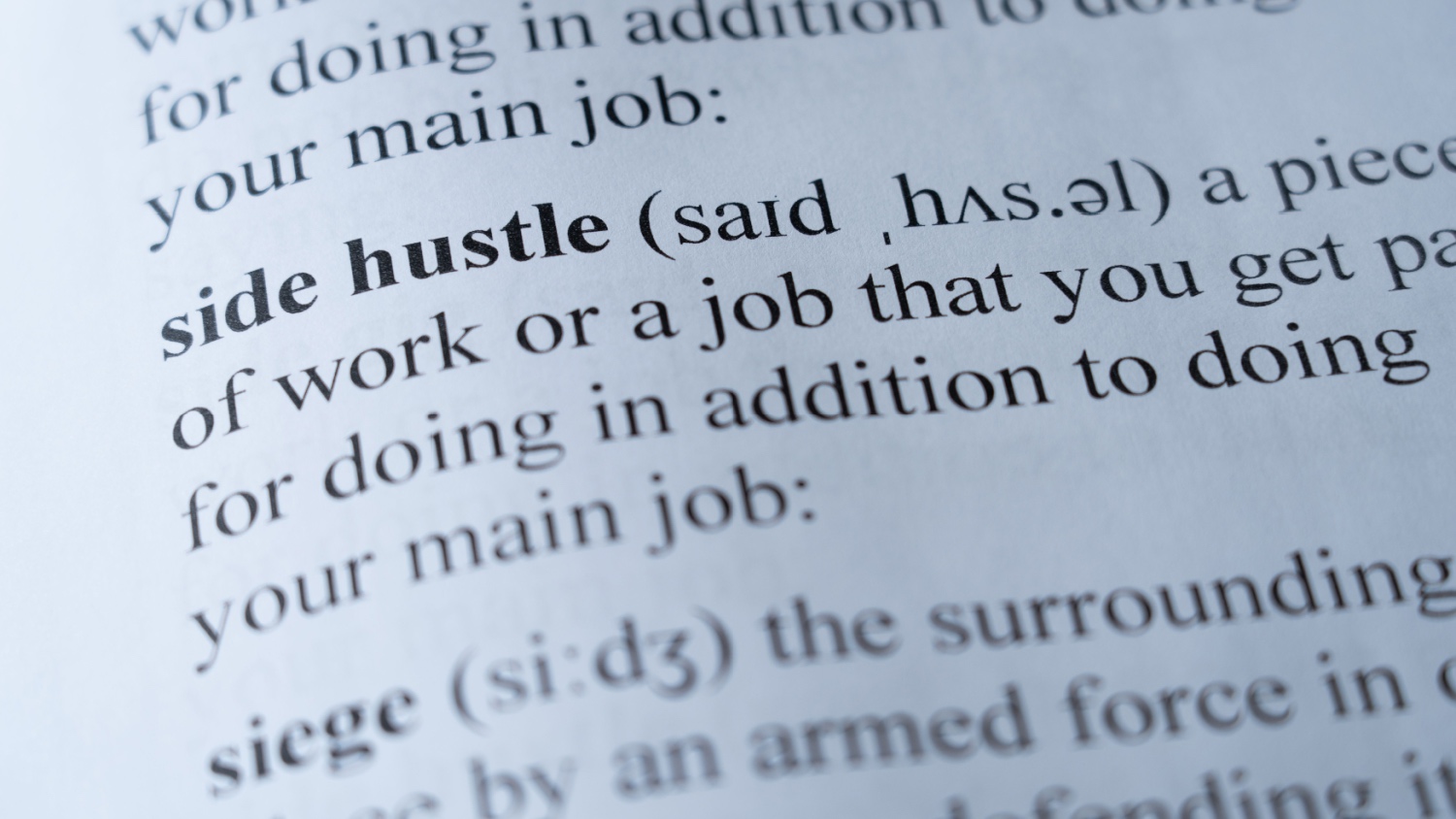How Exhausting!
Poole faculty look into the impact of coworker interactions on emotional exhaustion

Water cooler talk is a staple of traditional office dynamics. But what happens when water cooler talk turns into a constant vent session? Does John in accounting’s endless complaints about his boss impact your own feelings about the company? That is what Poole College faculty, Tom Zagenczyk, professor of management and Erin Powell, associate professor of entrepreneurship, set out to discover.
Their research was published in the Journal of Management Studies. Below they discuss their findings…
What was the impetus for this research?
T.Z.: Early in my career as an assistant professor, I was quite happy with my job. Day after day, however, a friend across the hall – who had worked for the university for a long time already – kept coming into my office and complaining and gossiping. As this persisted for several months, I started to realize that it was making me feel burned out myself. Finally, I couldn’t take it anymore and told him to go talk to someone else. We ironed things out later but at that point, I knew that I wanted to test the idea that burnout could cross over through our network ties.
E.P.: The idea that coworkers may bring us up or down, emotionally, is an interesting idea to explore from a small business and entrepreneurship perspective as well. Ventures start small and many remain that way so everybody really knows everybody and their emotions. Adversity and resource constraints are commonplace. Emotions around these circumstances can run strong and potentially crossover between members of the organization and other relationships – at home, with customers, and the list goes on.
So what did your study look at?
T.Z.: We tested the idea that burnout – specifically, emotional exhaustion – can cross over from one employee to another in a construction company. We thought there may be differences in the types of coworker relationships – whether it’s your friends, people from whom you seek advice or other people with whom you just cross paths.
Explain the concept of “emotion crossover” and why it’s important for businesses to understand?
E.P.: Emotion “crossover” effects occur when the stress that an individual is experiencing affects another individual’s stress. This is important because employers are typically focused on the role that jobs play in burnout – but they don’t necessarily consider the role that an employee’s coworkers might play in this process. Our research suggests that coworkers play a potentially important role.
Can you share a bit about the crossover model and why you chose to use it for this study?
E.P.: We used a social network methodology to test crossover. That means that we gave every employee a survey with a roster that included the names of all of the other employees in the organization and asked them to tell us who their friends were, who they got advice from, and with whom they were required to work. We also asked them about how emotionally exhausted they were. Using this approach gave us the chance to see if employees had similar burnout to others in their social networks. In the past, crossover studies had only asked employees about one other person or about other members of their workgroup. So our study provided a much more complete picture of crossover.
What were your findings?
E.P.: Employees’ burnout crossed over to coworkers who gave them advice, coworkers with whom they were required to work, and coworkers who had similar network positions to their own. Crossover did not occur between employees who were friends or between employees and their supervisors.
Was there anything particularly surprising?
T.Z.: Yes, we thought that emotional exhaustion would cross over between friends, and it did not. This may be because friends make comparisons to one another, or because we avoid forming or ending friendships with others who cause us to consistently experience negative emotions at work, whereas we cannot as easily choose the people from whom we receive advice or work with as a result of the organization’s formal hierarchy or work assignments from managers. In addition, we didn’t find that emotional exhaustion crossed over from supervisors to employees. Perhaps this is because supervisors are trained to hide their emotions, or because employees recognize that their supervisors’ emotions are not relevant to their own.
What takeaways from this study do you believe are important for employers to know?
T.Z.: Managers wishing to manage burnout are typically trained to look at the demands that employees experience as a result of their jobs, but our study suggests that they should also consider which coworkers an employee has ties to or must work with when considering emotional exhaustion. In addition, employees who are experiencing burnout and like to complain to their coworkers about it should recognize that they may be having a negative effect on their coworkers. Finally, employees should recognize that emotional exhaustion can cross over from coworkers – so they need to consider with whom they spend their time at work to manage their emotions.
- Categories:
- Series:


